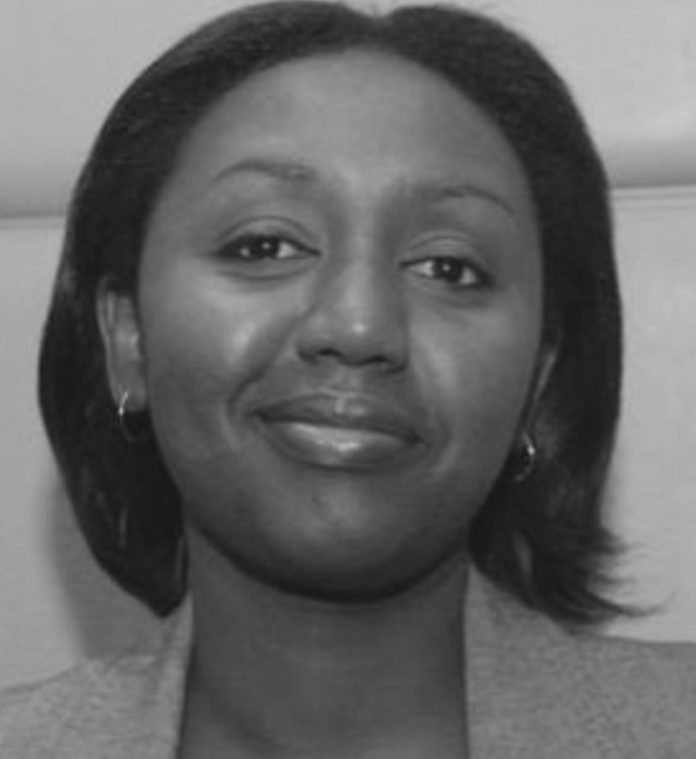Yolande Makolo, the spokesperson for the Rwandan Government, criticized British broadcaster Channel 4 for providing a platform to Victoire Ingabire and Ali Abdulkarim. These figures are known for their oppositional stance against the Rwandan government, with Ingabire leading the unregistered Dalfa-Umurinzi party and Ali serving as the vice president of the RNC group. Their appearance on Channel 4, which highlighted alleged human rights abuses and a lack of political freedom in Rwanda, sparked a vehement response from Makolo. This incident raises critical questions about the balance between national security concerns and the right to freedom of expression within Rwanda.
Makolo’s response, as reported by the pro-government newspaper IGIHE, characterized Ingabire and Ali as criminals affiliated with terrorist organizations, dismissing their criticisms as unfounded. Such categorization by Makolo, especially the labeling of the RNC as a terrorist group and the association of Ingabire with the FDLR, casts a shadow over the fairness and transparency of Rwanda’s judicial processes. It prompts a deeper inquiry into the nature of evidence and trials in the country, especially given the international human rights community’s concerns over politically motivated prosecutions and the absence of fair trials.
Furthermore, Makolo’s defense of Ingabire’s conviction—citing extensive evidence including co-conspirator testimonies and information provided by the Dutch government—demands a closer examination. The integrity of these proceedings and the legitimacy of the charges against Ingabire and others in opposition would benefit from independent verification to ensure justice is both done and seen to be done.
The broader issue of political participation and the eligibility to run for public office in Rwanda also comes into focus. Makolo justified Ingabire’s political ineligibility based on her criminal record, a stance that reflects a wider pattern of rights deprivation and suppression of political opposition. While electoral integrity is crucial, the arbitrary application of regulations to sideline dissenting voices undermines democratic principles and perpetuates a culture of political exclusion.
The Rwandan government’s attempt to discredit Channel 4 for offering a platform to dissenters mirrors a broader intolerance for critique and alternative viewpoints. By attacking media credibility and labeling opposition voices as criminal or terrorist, the government aims to control discourse and suppress opposition both domestically and abroad. Moreover, the criticism of Channel 4 underscores efforts to extend control over Rwandan citizens living overseas, thus restricting their freedom of expression and engagement in political discourse. The pressure on foreign media to refrain from interviewing Rwandan dissidents seeks to isolate and marginalize opposition voices beyond its borders.
This incident not only highlights the challenges facing freedom of expression and political participation in Rwanda but also poses significant questions about the international community’s role in advocating for democratic principles and human rights































































